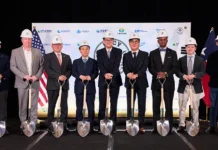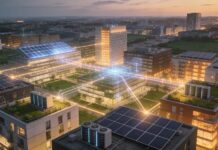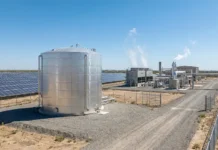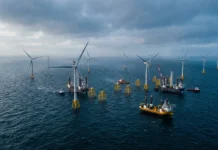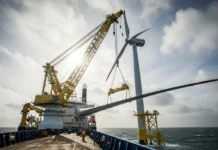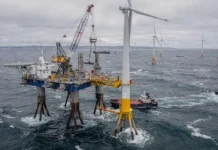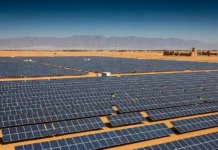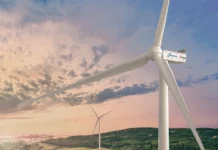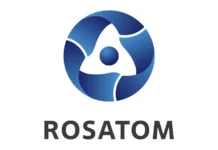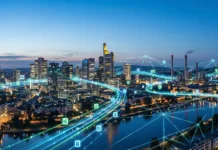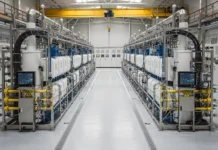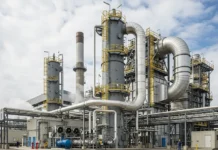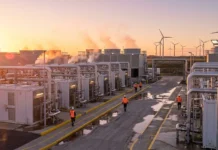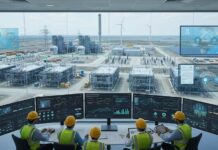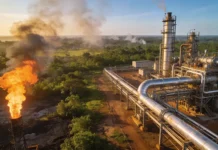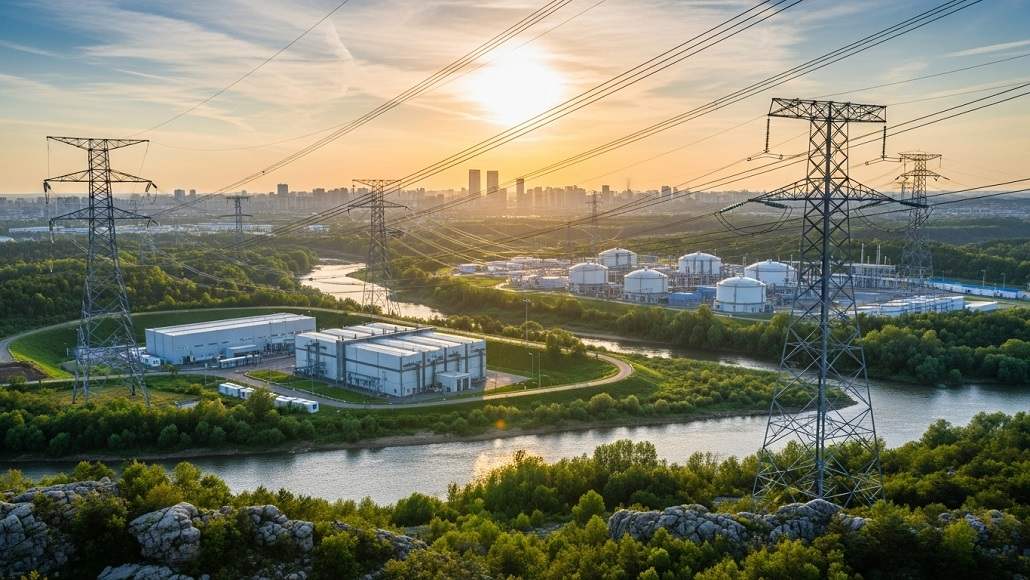International investors and development partners are once again interested in nuclear power investment and infrastructure throughout Africa. They see it as a way to improve energy security, boost industrial growth, and make the environment more resilient.
Nuclear power, especially Small Modular Reactors (SMRs) and Micro Reactors (MRs), is becoming a potential alternative as the continent’s energy shortages grow and it becomes increasingly important to switch to cleaner, more sustainable sources. But financing is still a big problem for it to be widely used.
The Africa Nuclear Energy Innovation Summit, which took place in Kigali, Rwanda, brought together politicians, investors, and energy professionals to speak about nuclear power’s role in Africa’s energy transition. The main topics were nuclear power investment, funding, and creating local capability.
The summit also spoke about how important it is to address the skills gap. The AFCFTA’s protocol on the free movement of persons has been identified as a key instrument for promoting cross-border education and training in nuclear science.
The Director General of the International Atomic Energy Agency (IAEA), Rafael Grossi, reaffirmed the agency’s commitment to supporting African countries in developing peaceful nuclear energy programs.
He stressed that Africa’s full integration into the global transition to low-emission energy is crucial, stating, “There is nothing preventing Africa from claiming its place” in the global energy landscape.”
Grossi highlighted Africa’s potential as a crucial actor in the future of global energy, saying that clean and dependable energy is “no longer a luxury but a pressing necessity” for the continent.
While acknowledging that nuclear power may not be suitable for every country, he stressed that a low-carbon global economy would be “impossible without it.” He also pointed to growing interest in Small Modular Reactors (SMRs), microreactors, and traditional nuclear technologies.
He added that The IAEA is ready to work “hand in hand with Africa on its journey toward a safe and sustainable nuclear future.”
Tesi Rusagara, Rwanda’s Minister of State for Public Investments, told African countries to use their own capital markets. He said that the continent’s reliance on external concessional financing is decreasing, so they need to change their strategy and use their own and regional financial resources.
The gap in Africa’s nuclear financing is becoming bigger.
According to The African Development Bank, Africa has a big infrastructure finance need of $100 billion per year. This problem is made worse by a worldwide atmosphere of pessimism about development funding, with official development aid expected to go down.
However, Stéphane Ouedraogo, Managing Partner at Stallion Capital Africa, noted that institutions like the World Bank are increasingly open to financing nuclear projects, bringing not only capital but also credibility and risk mitigation.
As countries like Kenya and Rwanda explore Small Modular Reactors (SMRs), Africa’s nuclear momentum is gaining traction. Realizing this potential will require coordinated nuclear power investment strategies, policy support, and investment in local expertise, and crucial steps toward achieving sustainable, low-carbon energy on the continent.



